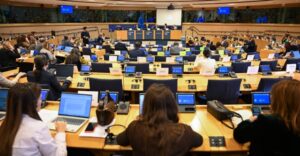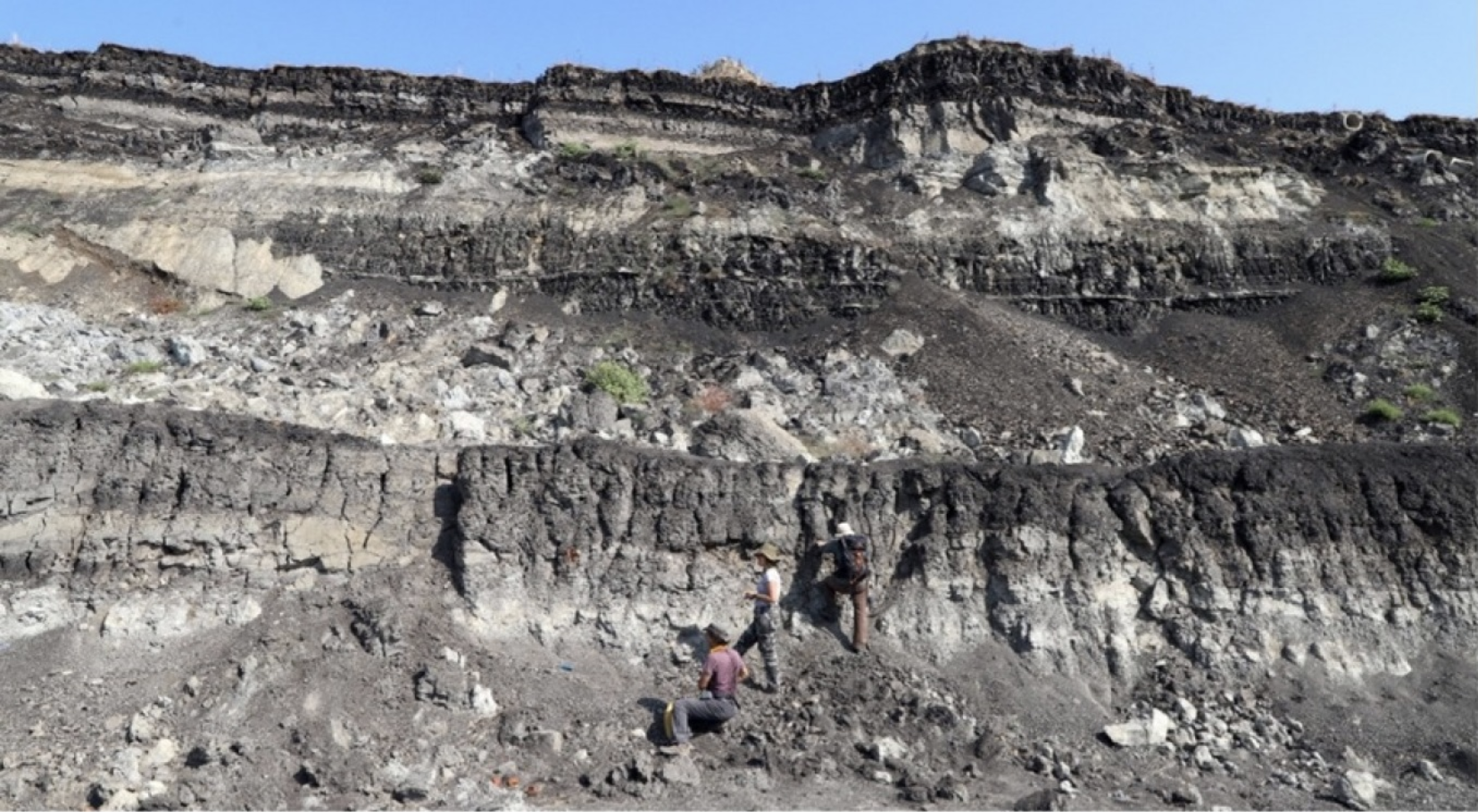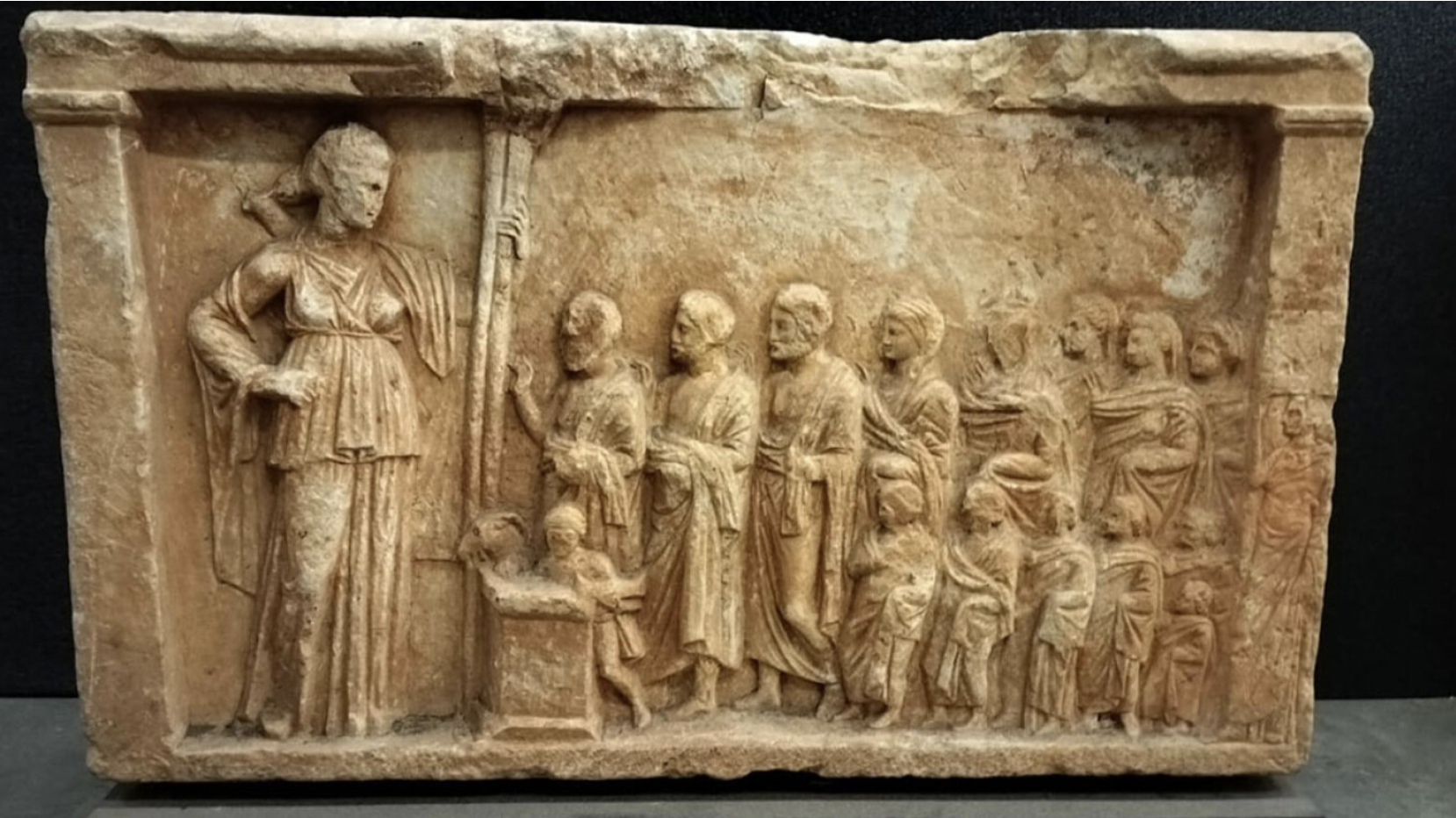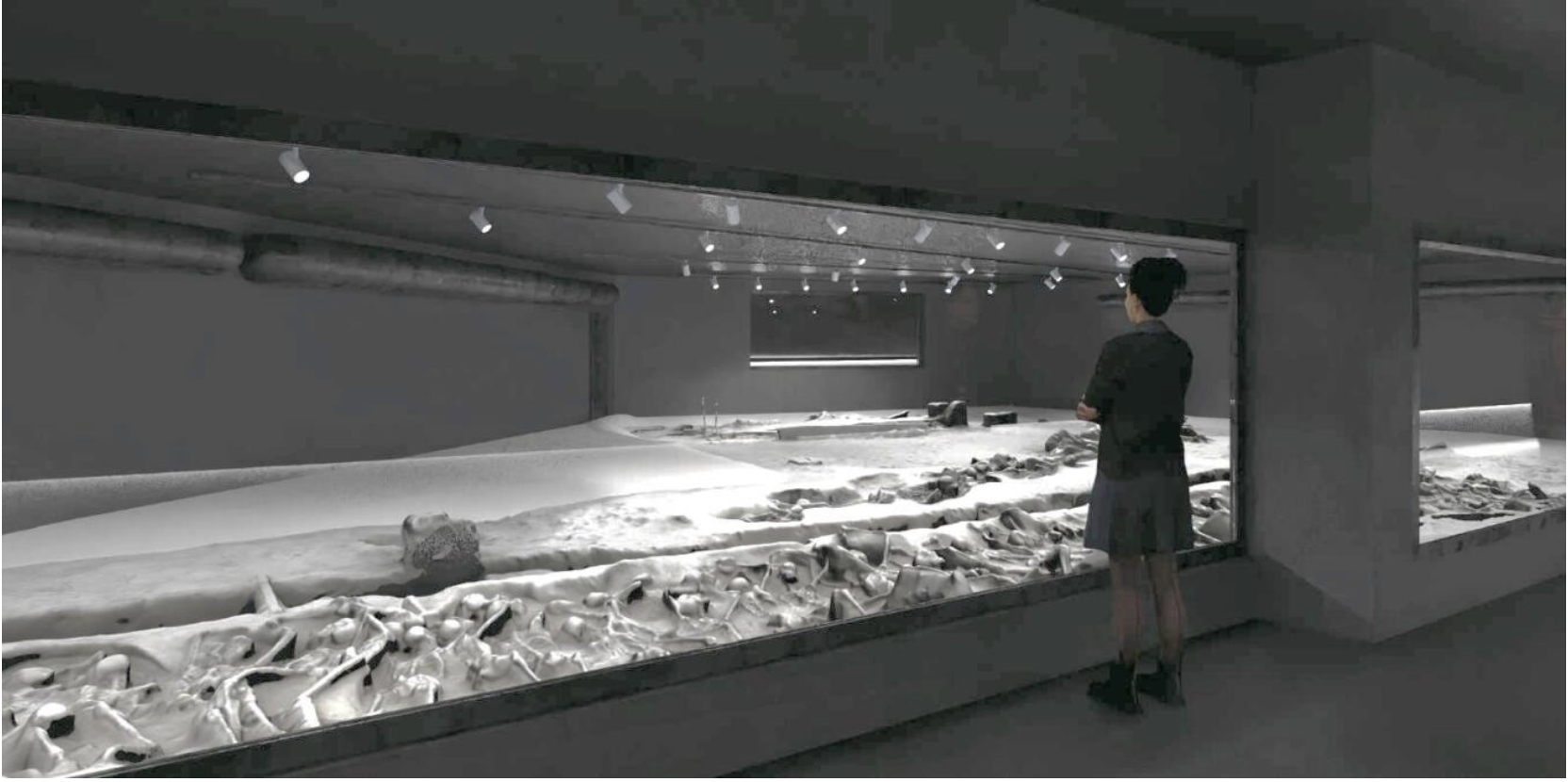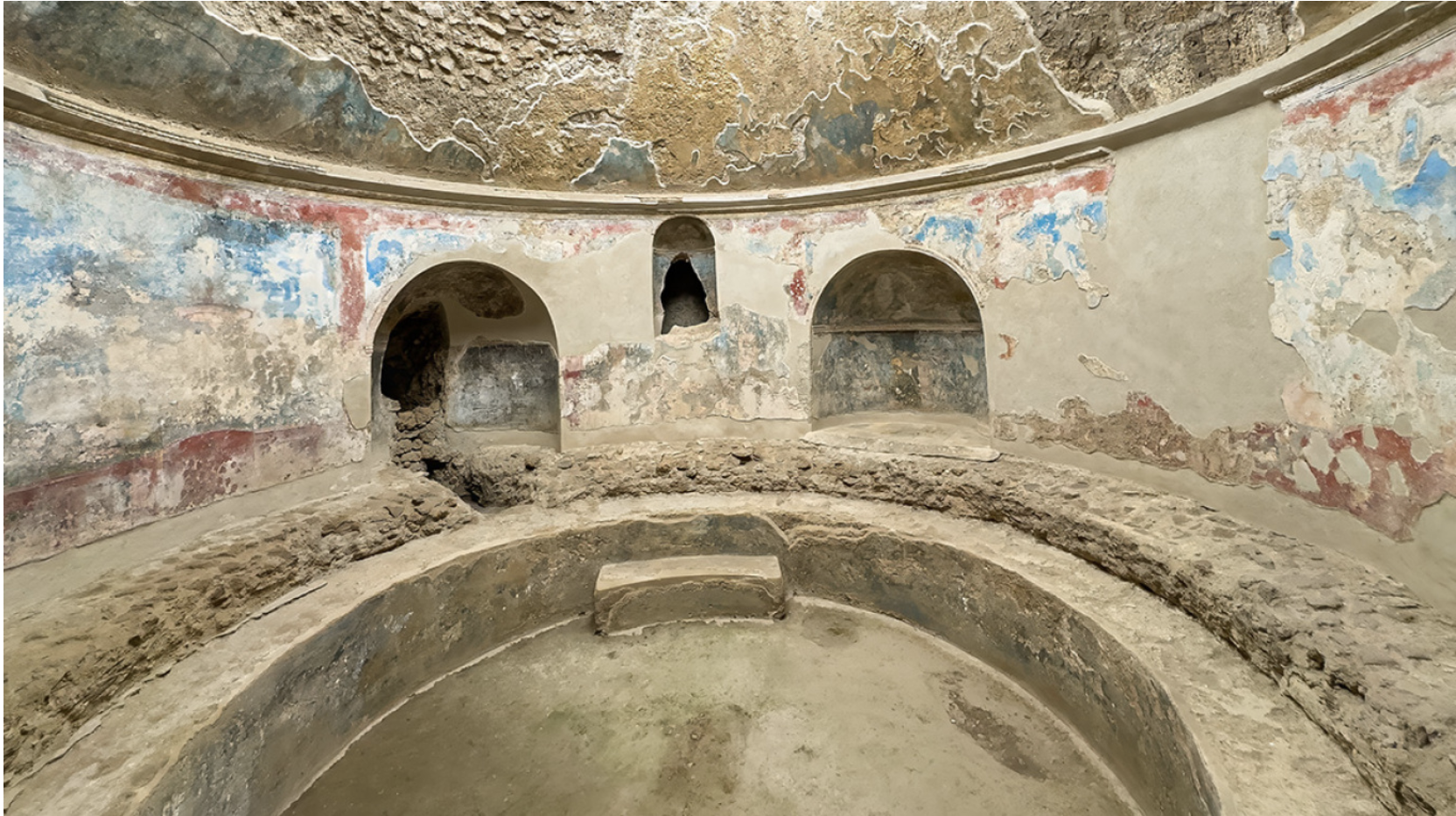The 4th Summit of the Heads of State and Government of the Mediterranean EU Member States will take place in Rome, on January 10. Leaders from Greece, France, Spain, Portugal, Cyprus and Malta will be hosted by Italian Prime Minister Paolo Gentiloni in the imposing Villa Madama, a prominent rural villa built during the Renaissance period (1518-1525).
The date of the 4th Summit, which, according to the original plan was to take place in Cyprus, was postponed twice (original date was October 10) due to the problems that Spain’s Prime Minister, Mariano Rajoy had with Catalonia. IBNA’s information from French diplomatic sources, notes that French President, Emmanuel Macron was not such a strong supporter of this initiative, believing that it could cause a split in the EU and also inhibit the French-German axis.
In support of the primary decision of the French President not to participate actively in the Summit is the fact that on October 10, 2017 in Cyprus, he would be represented by the French Foreign Minister as he had scheduled an official trip abroad on that same date.
Eventually, perhaps because of the developments in Germany and the political uncertainty caused by the failure of the formation of a government in Berlin, but perhaps also a better understanding of the value of the Southern Summit and its vision of Europe, he also changed his plan and will participate in the Summit, at last, highlighting it as a vehicle for the changes he envisions.
The Summit of the Euro-Mediterranean countries is particularly important not only due to the participation of Emmanuel Macron, but also due to the time it will happen.
On the one hand, the extraordinary Summit on Structural Changes in EU’s Architecture and “Social Europe” in about a month, could be the springboard for the southern countries, so that the “European Social Agenda” that promotes Greece, France and Portugal, in the first place, pushes for policy changes in the EU on the tough budgetary discipline it exerts. Something that also serves the goals of the Greek government, as it is on the way towards the exiting from the Memoranda.
On the other hand, the political uncertainty in Germany, were things are not yet clear nor do they seem to look like this soon regarding the formation of a coalition government, gives Macron the opportunity to develop and consolidate the EU’s own agenda. In addition, two countries, Italy and Spain, economically and politically strong in Europe, which could potentially play a key role in shaping the new Union policy, are in a state of political instability, which means they can not help as much as they could or would like both the French President and the changes in the EU.
The reasons are obvious, as on one hand Italy is in a pre-election period with polling findings causing headache inside and outside the country, as the populists of Beppe Grillo seem to be ranking first and on the other, there is the political instability in Spain with the question of Catalonia’s independence calling into question Mariano Rajoy and his government.
In this framework of the European South, Greece and Portugal, two countries that have been severely affected by fiscal discipline policies, are upgrading their role thanks to the circumstances becoming the pioneers of change in the EU, on a pivotal axis to solve chronic issues, and issues based on special circumstances such as the refugee crisis.
The Summit of the Heads of State and Government of the Mediterranean Member States of the EU in Rome is of special importance regarding the future of Europe, both internally, socially, economically, development wise, etc., as well as at a level of international relations, the refugee issue, a certain Middle East policy, EU relations – Turkey, etc., issues that are expected to be discussed among the leaders.
Source: Spiros Sideris/balkaneu.com
Ask me anything
Explore related questions

